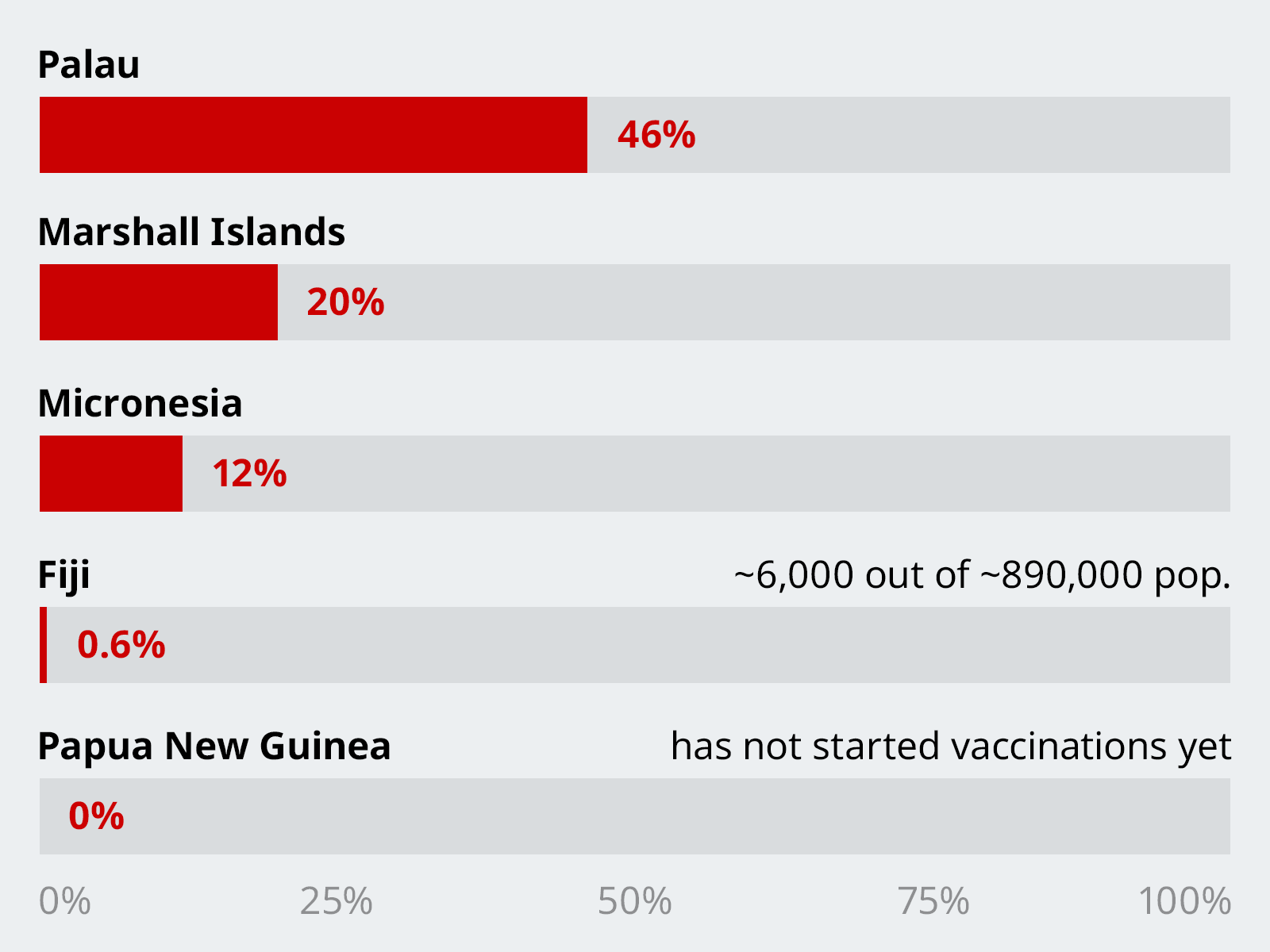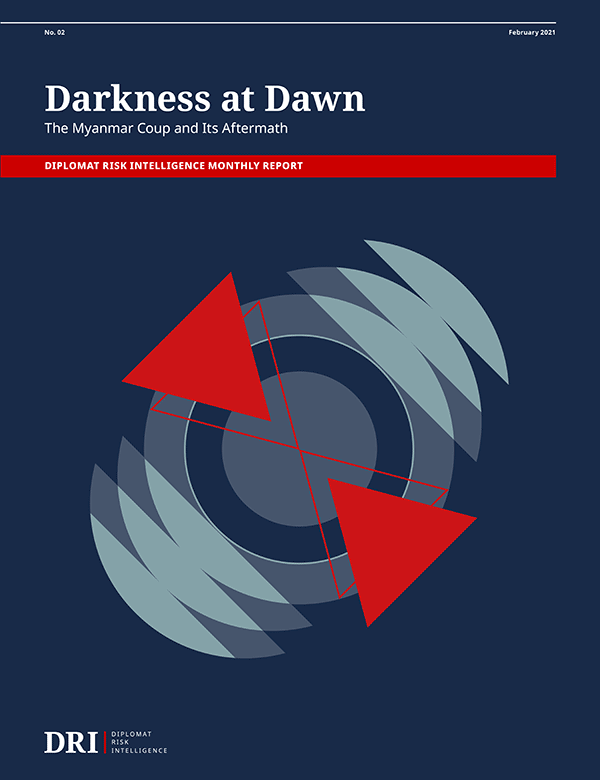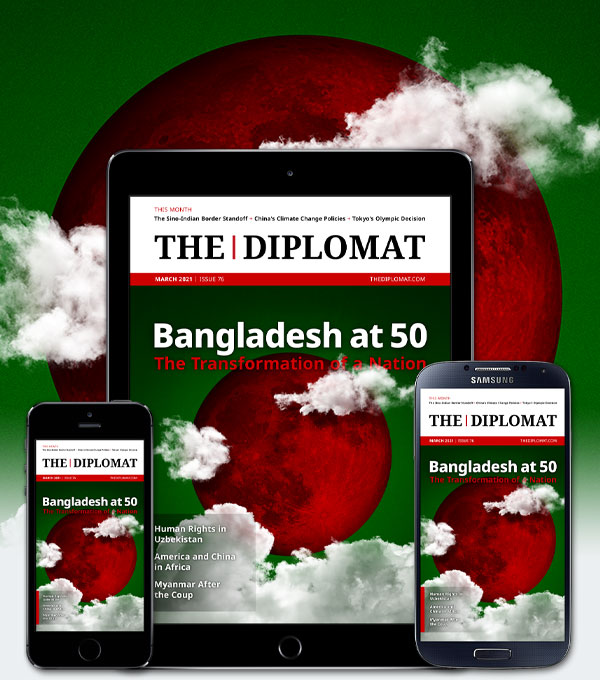| Welcome to the latest issue of Diplomat Brief. This week our top story looks at what the February ceasefire agreement between India and Pakistan means for those who live along the LoC in Kashmir. We also have an interview with Melissa Crouch, a professor at the Faculty of Law & Justice at the University of New South Wales, about the various ways in which the junta is using (and abusing) the law in order to legitimize its seizure of power in Myanmar. |
| Story of the week |  | SECURITY What Does the India-Pakistan Ceasefire Mean for Local Kashmiris?What Happened: In February, India and Pakistan announced a recommitment to their 2003 ceasefire along the Line of Control (LoC) in disputed Kashmir. For villagers who live within walking distance of the de facto border, it has meant a welcome calm in cross-border firings and shellings, inspiring some families to return to abandoned homes and dream of a normal life. Our Focus: “Now I have returned, thanks to both the countries. Now we can breathe peacefully here,” one local, who had fled from his village a year ago, told The Diplomat. “We hope to repair our houses and make them stronger and safer. But most of all, we hope to live in peace after a long time,” said another local. What Comes Next: Even while hoping against hope that this time will be different, Kashmiris near the LoC have seen round after round of ceasefire agreements dissolve back into violence. “It’s calm as of now, but you never know,” as one soldier said. Read this story |
| Behind the News | INTERVIEW Melissa CrouchMelissa Crouch, author of The Constitution of Myanmar: A Contextual Analysis, on the coup and Myanmar’s constitution: “The coup has ruptured the fragile political settlement that the 2008 Constitution mandated. The military can no longer claim that its Constitution is an appropriate framework for the future of Myanmar. Not only was it drafted in an undemocratic manner and in an atmosphere of repression, but now the military has failed to comply with its terms.” Read the interview |
| This Week in Asia | Northeast Asia Russia’s Foreign Minister in China and South KoreaLast week saw U.S. officials on a tour of Northeast Asia. Now it’s Russia’s turn. Foreign Minister Sergei Lavrov traveled to China on March 22 and 23, sending a pointed message of solidarity just days after the conclusion of fiery U.S.-China talks. Lavrov then headed to South Korea, where he will talk about regional issues, including North Korea – again following in U.S. officials’ footprints. Find out more | South Asia India-Pakistan Ceasefire Details EmergeIndian media, predominantly drawing on its sources in the Indian security establishment, continue to furnish a wealth of details around the circumstances that led India and Pakistan to jointly announce a recommitment to the 2003 ceasefire in late February. Some have suggested the ceasefire was the result of active intervention by the United Arab Emirates. Others claim that the seed of the announced agreement goes back to secret talks between the two countries' intelligence services in 2018. In any event, grand plans about what could come next should be taken with more than a pinch of salt. Meanwhile, Pakistan's top leadership continues to frame the ceasefire recommitment within the framework of a larger – geoeconomic – shift in the country's strategic policy. Find out more | Southeast Asia Rumble at Whitsun ReefIn recent days, a flotilla of 220 Chinese fishing vessels has descended on Whitsun Reef in the Spratly Islands, a low-tide elevation that falls within the Philippines’ Exclusive Economic Zone. The arrival of the ships, which prompted an official diplomatic protest by the Philippine government, is Beijing’s latest show of strength in the disputed waters and looms as a test for the pro-China administration of President Rodrigo Duterte. Find out more | Central Asia Constitutional Vote Looms in KyrgyzstanIn a little over two weeks, Kyrgyz voters head to the polls for local council elections paired with a constitutional referendum. The draft constitution, which would see Kyrgyzstan return to a presidential system, worries observers for its concentration of power in the presidency, sacrificing of judicial independence, and vague terminology. Find out more |
|  |






